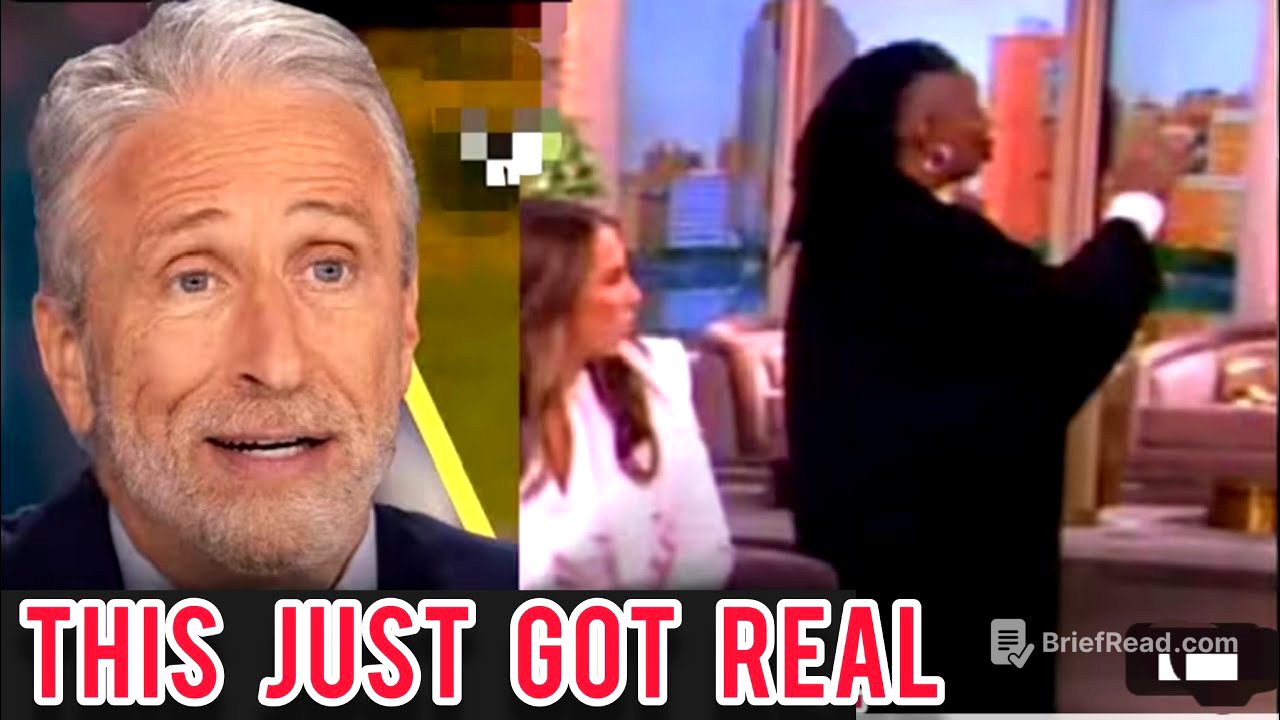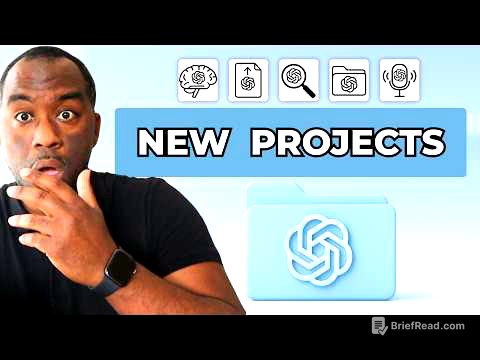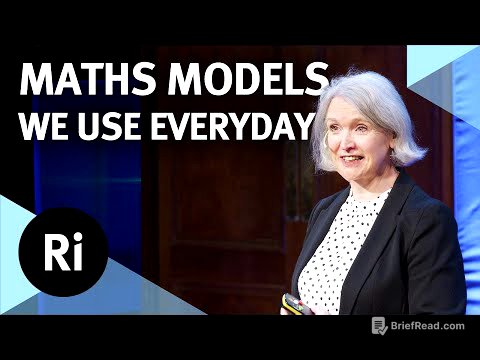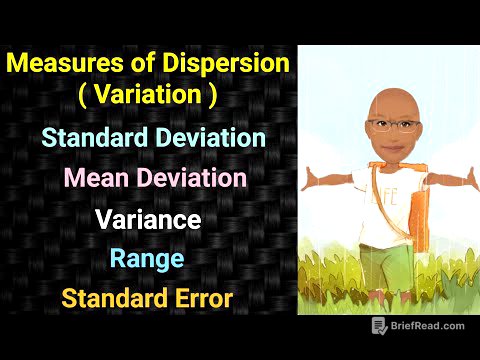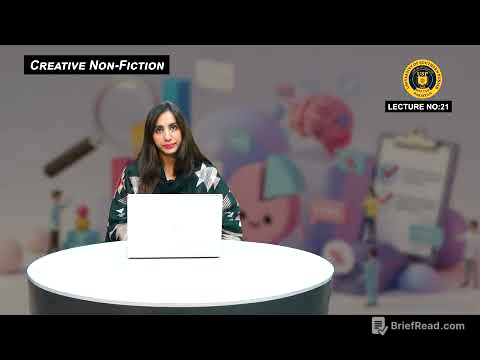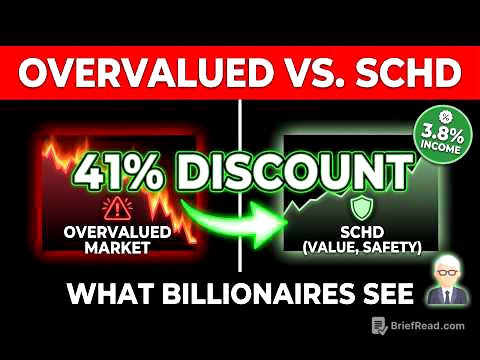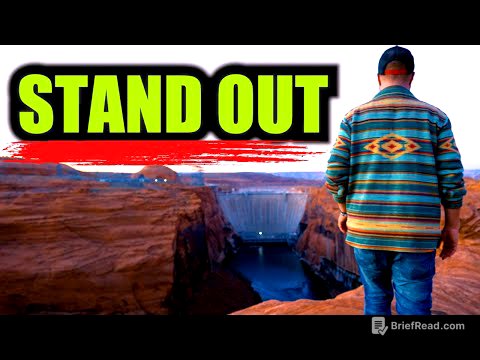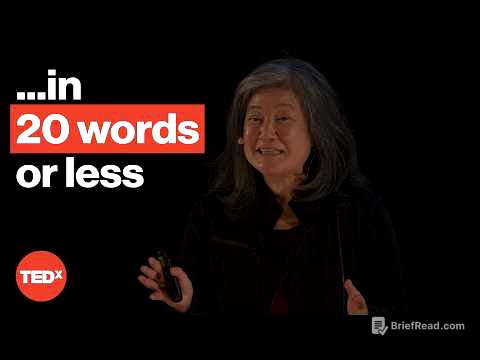TLDR;
This video discusses the unique qualities of Charlie, emphasizing his irreplaceable role as a synergist and builder. It transitions to the topic of media accountability, particularly focusing on "The View" and late-night shows, questioning their adherence to public interest standards and the equal opportunity rule. The discussion touches on free speech, the consequences of spreading misinformation, and the responsibilities of media platforms.
- Charlie's unique qualities and irreplaceable role as a synergist and builder.
- Media accountability, particularly focusing on "The View" and late-night shows.
- Free speech, the consequences of spreading misinformation, and the responsibilities of media platforms.
The Uniqueness of Charlie [0:00]
The speaker explains why no one can replace Charlie, highlighting his extensive knowledge of politics and faith, his skills as a debater and speaker, his love for people, and his fearlessness. Charlie was a builder who connected with people, even those he disagreed with, and had a great relationship with everyone. He was described as a synergist, essential for preventing societal decline, and perhaps the best one they had. The speaker contrasts Charlie with the current environment, which is full of opinions but lacking in synergists. The speaker concludes that the focus should shift from finding a replacement for Charlie to moving forward, similar to how Trump emerged after calls for another Ronald Reagan.
Accountability for Legacy Media [2:28]
The discussion shifts to the media landscape, specifically addressing the accountability of legacy media. The speaker mentions that the FCC is enforcing accountability, which legacy media has avoided for decades. Taxpayer-funded airwaves should not support partisan echo chambers, and the speaker calls for dismantling biased platforms that masquerade as public service. The speaker references a $16 million settlement involving ABC over a Trump lawsuit, alleging the network prioritized narrative over neutrality. The speaker advocates for auditing the spending of DC media cartels.
The View and the Bonafide News Exception [3:51]
The speaker addresses the FCC's equal opportunity rule, which requires equal time for opposing partisan politicians, but notes an exception for bonafide news programs. The speaker questions whether "The View" and some late-night shows still qualify as bonafide news programs and should therefore be exempt from the equal opportunity regime. The speaker wants the FCC to look into the show and other programs.
Freedom of Speech and Responsibility [5:10]
The speaker expresses a desire to freely speak their mind without being threatened. The speaker emphasizes that spewing lies on air is unacceptable and points out that "The View" has repeatedly issued retractions due to misinformation. The speaker argues that if one lacks knowledge on a subject, one should remain silent. The speaker criticizes liberals for now discussing free speech issues after targeting conservative media and playing the victim card. The speaker believes that if someone has been sanctioned for their actions, they should take responsibility.
Kimmel and the Right to a Platform [7:24]
The speaker argues that individuals do not have a constitutional right to a television show, and networks have the right to choose who they air based on business decisions. The speaker states that Jimmy Kimmel was not fired by Donald Trump, but rather his own words led to the consequences. The speaker challenges the notion that Trump instructed people to take action against Kimmel and demands proof of Trump's involvement. The speaker says that Kimmel fired himself and should be responsible to own it.
The View's Silence and Free Speech Rules [9:18]
The speaker notes that "The View" did not address the Jimmy Kimmel situation on air. The speaker reiterates that there are rules of free speech that must be followed and emphasizes that one does not have the right to lie to the American people on television. The speaker concludes that there are repercussions for spreading lies.
